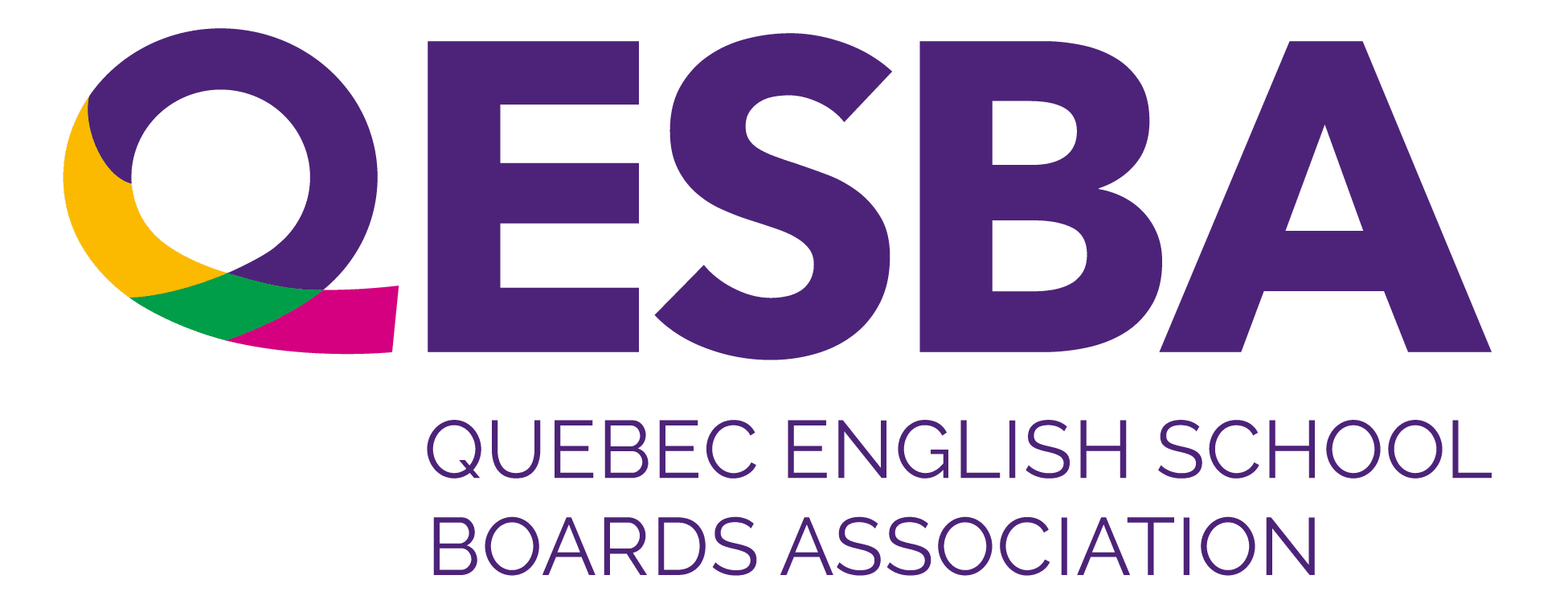QESBA Appearance before the
House of Commons Standing Committee
on Official Languages
Opening remarks by QESBA President
Jennifer Maccarone
Ottawa, November 1, 2016
Mr. Chairman and members of the Committee. Thank you for accepting our joint English-minority language community’s request to appear before you this morning to discuss the federal government’s current and future strategy toward official languages.
We must emphasize the importance of consultation with the English-minority community in Quebec on a regular basis. Consequently, the Quebec English School Boards Association welcomes this opportunity to engage in an important discussion with you on the contributions, concerns and expectations that characterize Canada’s other official-language minority community: English-speaking Quebec. And we’re pleased to be presenting with our community partners: the Quebec Community Groups Network and the Community Economic Development and Employability Corporation.
Naturally, our focus will be on public education. The Quebec English School Boards Association represents the nine English-language school boards and one special status school board in Quebec. Our network is comprised of 340 schools and approximately 95,000 students.
Those numbers, however, are deceiving, since we must remind you that the English-speaking population in Quebec is a minority community. And in fact, we find ourselves in the particular situation of being a minority within a minority, and that sometimes leaves us ignored in these very important consultations.
Our community registered roughly 171,000 students in 1972. Today, our records from June 2016 indicate approximately 98,000 students, including adult and vocational programs. Almost a 50% decline in the span of 40 years, and this trend continues down.
We attribute this loss to Bill 101 for the most part, but we also are competing with private schools and the false perception that young Quebecers will not learn French in our school system. And this despite the fact we boast an 85% success rate across the province and our students are completing their French mother tongue exams with higher marks than students enrolled in the francophone public education system.
We all know that education is not only the cornerstone of any society, it is the key element for the vitality and longevity of minority language communities. And it is clear, our community is struggling to maintain our institutions and even our critical mass.
As you plan your strategy, we would like you to consider four key contributions of the Quebec English school boards:
With the vital help of the Canada-Quebec entente on minority and second-language education, our students are graduating from English public schools with the capacity to live and work in French as well as English. Our school system is a world pioneer in French second-language education, and has become so with the financial support of this vital agreement.
Second, our Community Learning Centres (CLCs) within our English schools are crucial in supporting the stability, creativity and cooperation of urban, rural and suburban communities across English-speaking Quebec. In some rural communities, the federal support for the CLC has made the difference between closing down a school, thereby compromising the future of its community – and instead, building new partnerships towards an invigorated population.
Third, our English public school network, thanks to distances, low population density, and limited resources, has become an example for innovation and invention. From 21st-century learning techniques in support of distance education, to e-learning, shared programs and services, exchanges with our French school-boards, community and business partnerships — our English public schools are adapting to the changing needs and challenges they face. Our boards have developed compassionate and forward-looking programs for the inclusion of students with special needs, and our high school graduation rates, currently at 85%, continue to improve. And I would be remiss if I didn’t underline that these two trademarks of English public education are in part made possible through the funding and oversight of the Government of Canada.
Our fourth point is the fact English public schools are contributing to, not working against the common future of all Quebecers in our home province. While there remains a tendency within Canada’s majority language communities – often exploited by the media and at times aggravated by certain political parties – to frame every question of language as a tug of war with a winner and loser, our English schools, and the communities we serve, are increasingly involved in and contributing to the economic and cultural life of Quebec. Furthermore, they are actually contributing to the strength and security of the French language in Quebec.
So what are our Concerns?
Support for, and interest in, the vitality and development of minority language communities has not always topped the list of priorities identified by Canadians, or embraced by governments. English-speaking Quebec, in all its diversity, is among Canada’s most bilingual communities, and becoming more so each day. That is an asset for the country. But, assets must be nurtured. Any weakening of the levels of federal support in future Canada-Quebec education accords, any lessening of the community’s strong consultative role in decisions on the allocation of funds under those accords, any structural shift that would weaken or remove federal oversight over transferred funds for minority-language education in Quebec, would be of real and present concern to us.
Canada’s English-speaking minority community has benefitted from a founding presence and a critical population mass around the city of Montreal. No doubt, a dispersed francophone community across Canada has not had that luxury. Nonetheless, our diverse needs are there, and they must be addressed equitably. Based on the measure of first official language spoken, our total population is roughly equivalent to that of Francophone Canada, outside of Quebec. The needs are there, when particularly in more rural location there are 6‑year olds on school buses for as long as 3 hours a day, and students awaiting appointments with school psychologists and speech therapists for years, not months. There are still challenges in renewing our communities and encouraging newcomers to join us.
We are looking for equitable support from our federal government as QESBA joins other community partners in addressing these challenges.
Thank you. I look forward to our exchange with you.

